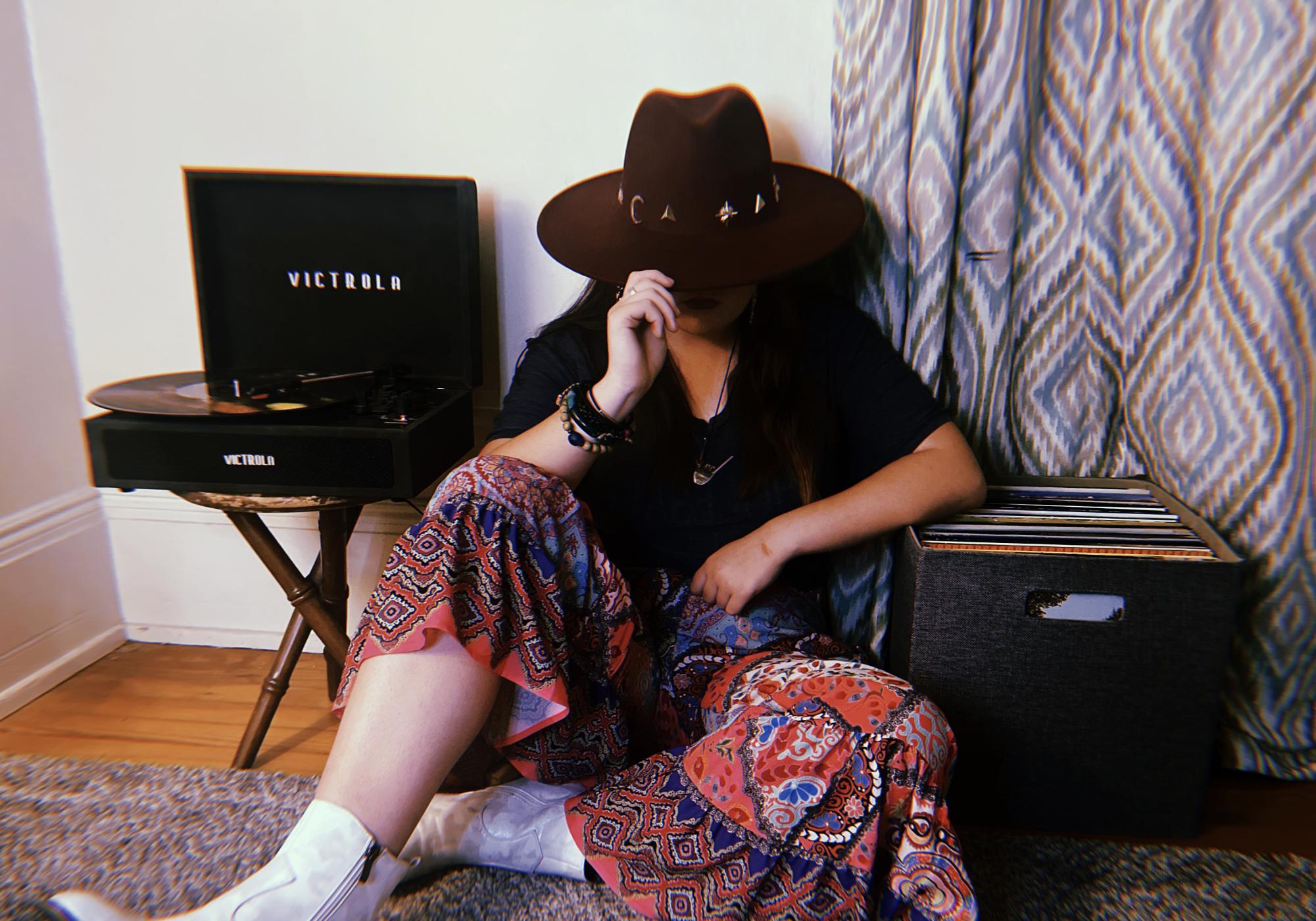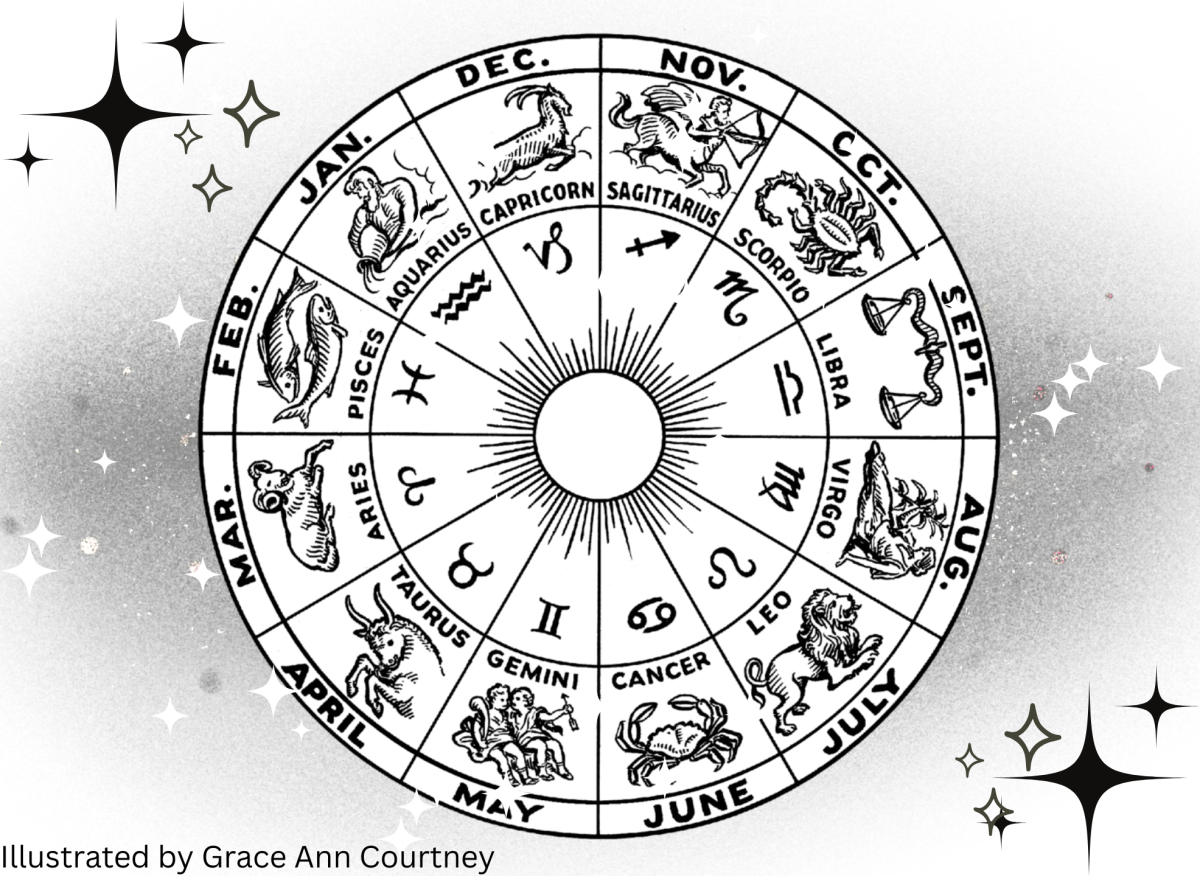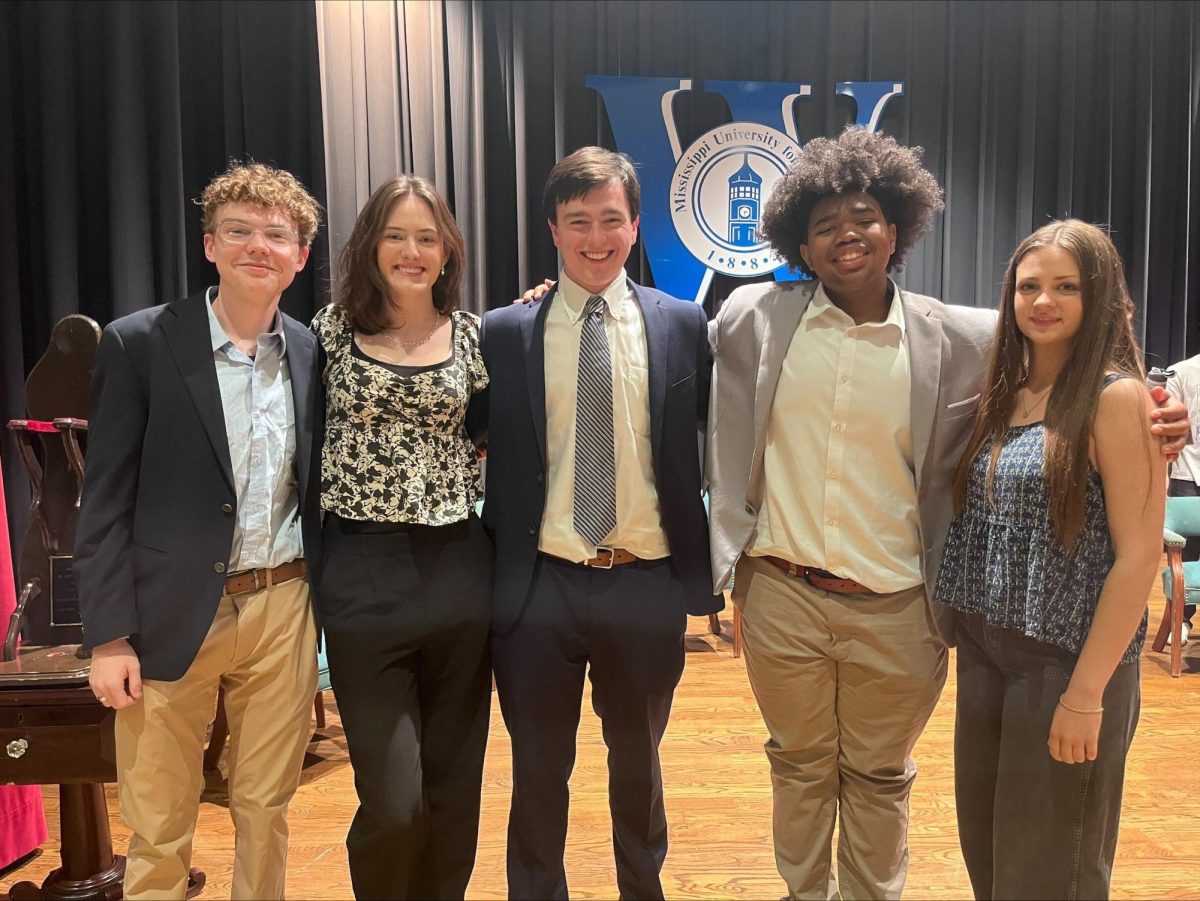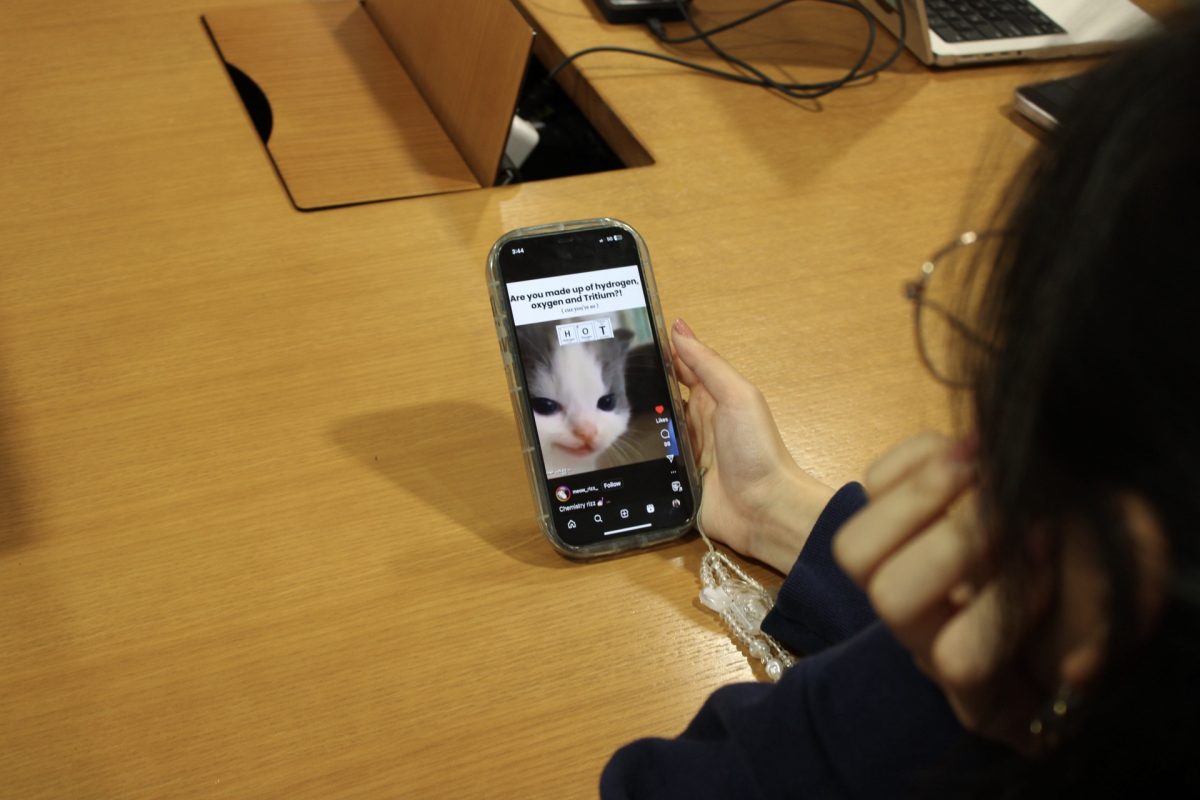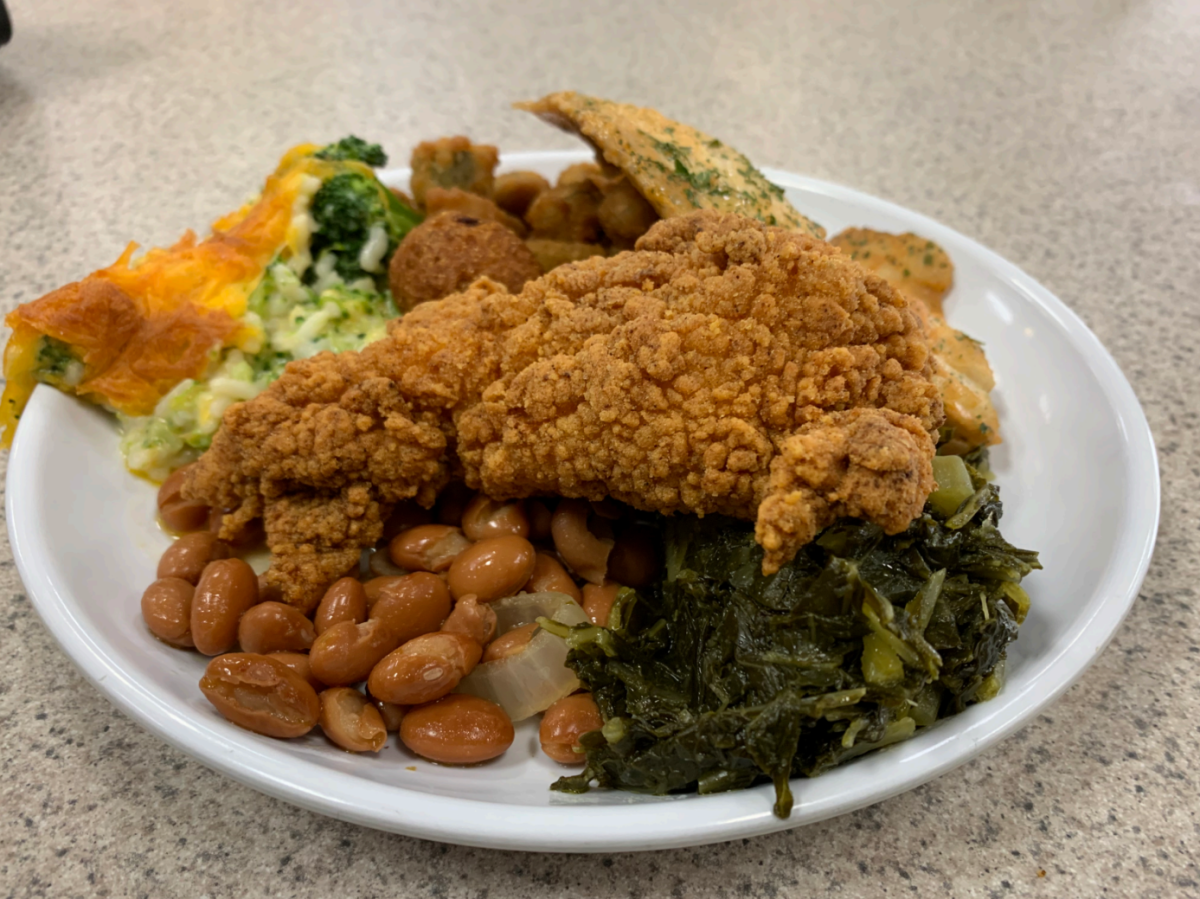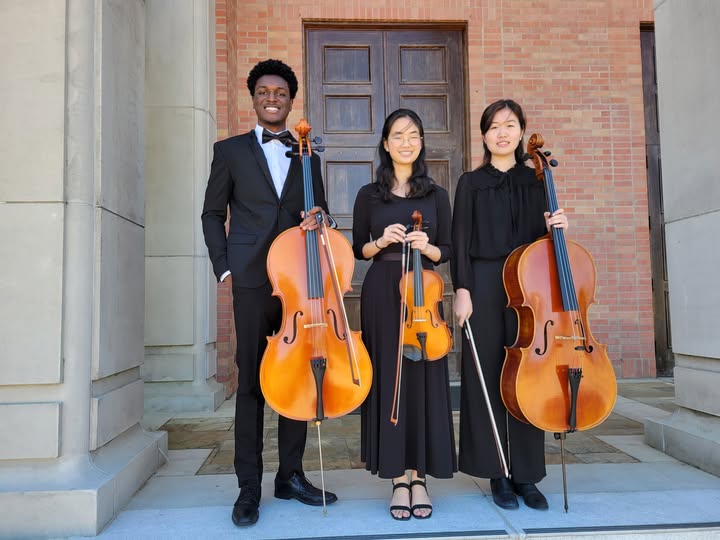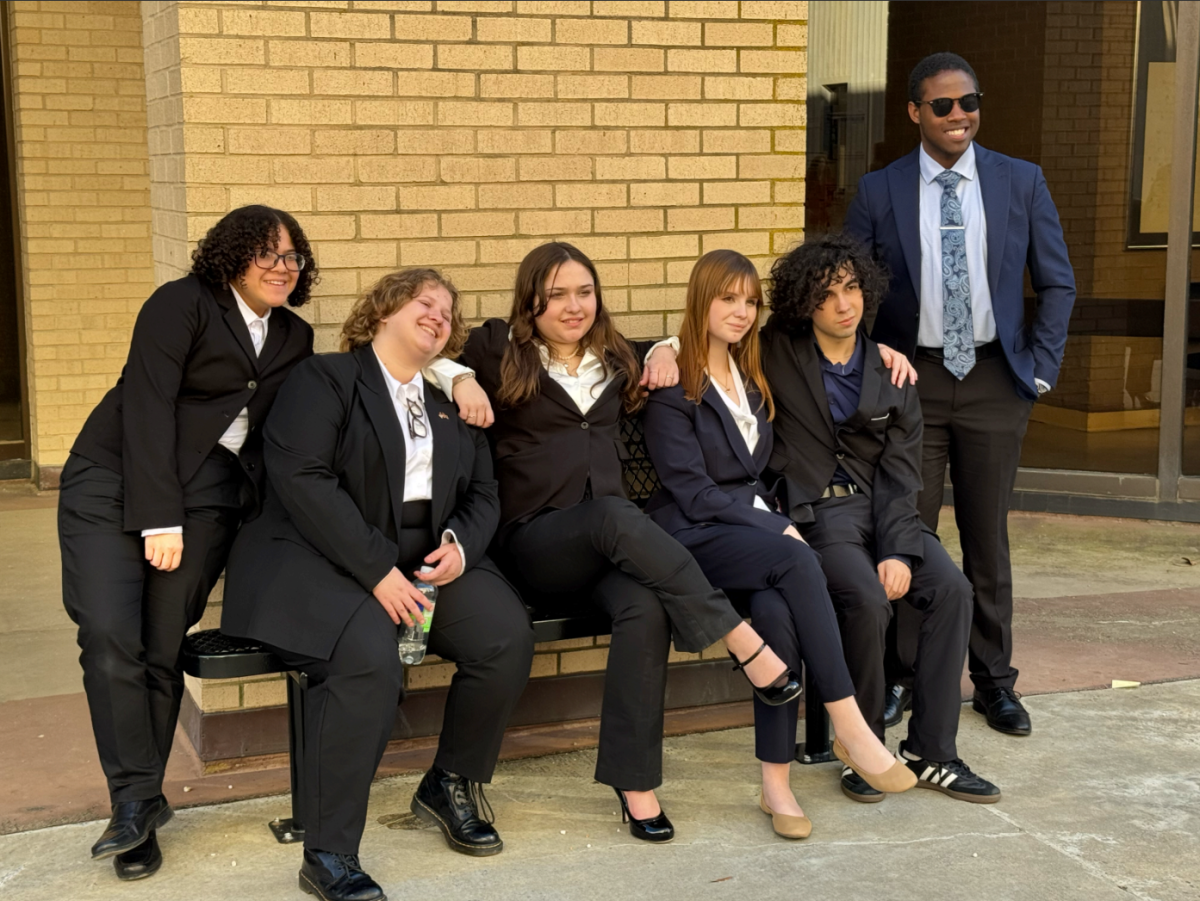As the train beside Goen Hall blares away, junior Priscilla Garcia wakes up at 6 a.m. to start her average morning at MSMS.
Of course, she has to get ready with Taylor Swift’s catchy tunes filling the room as each beautifully crafted chord and rhythm travels through her ears. With dread and skepticism for the school day arising, Garcia instead chooses to hum along to the lyrics as the upbeat melodies of Swift’s songs create a sense of relief and motivation, setting the perfect mood for her morning routine.
Overall, Garcia gets to create a personal concert — her own Eras Tour — right in her dorm.
“I just do not think I could manage life without music. Taylor gets me through a lot, and MSMS is one of the things she has gotten me through,” Garcia said. “I get up and get ready listening to music. I walk over to class listening to music. I do work service listening to music.”
If there is one thing bringing MSMS students together besides endless stress and running on few to no hours of sleep, it is a passion for music.
Garcia’s ardent connection with her favorite artist resonates with many others in the student body. From playing an instrument to jamming out to a playlist, students use music as an outlet to blow off steam, revitalize their thoughts and encourage themselves to alleviate the piles of pressure they have accumulated.
Junior Adair Gaines’ favorite genre ranges from ‘60s to ‘80s rock, with British rock band Queen reigning as her favorite artist. Gaines’ passion for music is evident by the array of Pink Floyd and David Bowie posters plastered on her dorm wall. She takes this devotion further with her growing collection of records and CDs.
“While my mental health thanks me, my wallet does not,” Gaines said. “Music helps my mental well-being, which is a substantial part of my academic life, especially in a place as stressful as MSMS.”
For senior Ean Choi, pop and R&B reign as his favorite genres. Like Garcia, Choi prefers to start his day with soothing music to get his energy going. Whether he is studying for a big physics test or walking around campus, Choi tries to incorporate music into his daily routine as much as possible.
“Music is a huge part of my life as I strongly believe it’s necessary to get through the day, especially for studying or when you need a boost,” Choi said. “If I’m alone, it helps enhance the solitary experience.”
Dawn Barham, who serves as the music program director at MSMS and is a Grammy-nominated music educator, enjoys a variety of artists including Willie Dixon, Prince and Samuel Barber. Barham said she favors “true artists” across genres — ones who aspire to write or perform touching or moving music.
“Our limbic system lights up when we listen to music because of the heightened emotions we experience,” Barham said. “If I have a wonderful … or dreadful day, I turn to music either by playing an instrument or listening. It becomes therapeutic and a means to celebrate and … mourn.”
Inside the classroom, incorporating music while teaching can provide advantages for learning. The dopamine-reward system improves motivation and contentment, meaning the drive to uncover the positive reaction dopamine releases can be facilitated by music and enhance learning and memory. Teachers can promote increased student engagement and enthusiasm in classroom activities by embracing the effectiveness of the dopamine-reward cycle through music. In fact, several MSMS teachers employ this method already.
“If my teachers play music in class, including [math teacher] Mrs. [Alison] Alexander or [chemistry instructor] Dr. [Lisa] Smith, I feel more alert,” Gaines said. “They like to play Fleetwood Mac and Pink Floyd, respectively, which are some of my favorite bands of all time. When that music is playing, it increases my perception of what they are teaching.”
By exposing children, especially overstressed residential high school students, to music early in their lives, they can experience its numerous benefits.
In a 2020 survey of 3,185 adult participants conducted by the American Association of Retired Persons, researchers discovered casual and focused listeners had somewhat higher average ratings for mental health and slightly lower levels of anxiety and depression than the general population.
In the AARP probability-based survey, researchers also found nearly 68% of adults who were exposed to music as children assessed their capacity to comprehend new information as excellent or very good, compared to 50% of those who had no exposure to music early on. Altogether, active musical interaction was associated with improved levels of satisfaction and cognitive function.
While there are plenty of advantages to listening to music, playing an instrument offers similar benefits.
Gaines’ love for music partly stems from her actively learning to play piano for nine years and having experience as a percussionist and vocalist for three years. To foster her interests even more, she takes several of MSMS’s music classes, including Instrumental Performance and Percussion Performance.
“I spend a minimum of six hours each week learning music while also maintaining my studies,” she said. “However, being able to play music helps me out a lot because it is a way to escape. If I am not feeling good, I can always just get on the piano and learn a new song, which is always fun and positively impacts me.”
Students face dopamine-reward fulfillment and continual inspiration from playing an instrument when they recognize their effort encourages development. As students allow themselves to encounter challenges and learn from mistakes, they help increase critical thinking skills.
“One of music’s most important lessons is failure as a part of progress,” Barham said. “I have seen students move from the tears of frustration to joy and laughter by the end of class. I have witnessed the development of their confidence and self-esteem to have a healthy sense of pride in what they put out into the universe.”
While music can promote academic success, it is also a way for people to connect. In the student body, many expand on personal relationships through music apps, including Apple Music and Spotify, which allow them to view others’ listening activities or playlists. Music creates community, allowing people to discuss their preferences with friends, peers or teachers.
“Without music, I wouldn’t be able to connect with people as much because it’s universal,” Gaines said. “Music is a way to express yourself, and if we lose it, it would be like everybody is wearing a gray shirt and pants all the time. You would not be able to see people’s individuality.”
Ultimately, music is a part of the numerous factors strengthening the diversity and unity of the MSMS community and the entire world.
“Music is a language — a set of symbols created by humans to express what cannot always be expressed with words alone. We should learn and [listen to] music just as we learn the symbol systems associated with science, mathematics and language,” Barham said. “Not doing so diminishes our humanity and unique perspectives. We can learn much about the world through music — foreign lands, languages, history, people, places and more.”



